The future of money is borderless – and difficult to tax
Borderless money was once the norm, says Dominic Frisby. We used it for centuries before the era of the nation state. And as the physical economy dematerialises, money will become borderless again.

Get the latest financial news, insights and expert analysis from our award-winning MoneyWeek team, to help you understand what really matters when it comes to your finances.
You are now subscribed
Your newsletter sign-up was successful
Want to add more newsletters?

Twice daily
MoneyWeek
Get the latest financial news, insights and expert analysis from our award-winning MoneyWeek team, to help you understand what really matters when it comes to your finances.

Four times a week
Look After My Bills
Sign up to our free money-saving newsletter, filled with the latest news and expert advice to help you find the best tips and deals for managing your bills. Start saving today!

In recent months I've been getting more and more interested, obsessed even, with the idea of scalability.
Today we look at the future of money, with this idea very much in mind.
The economy is dematerialising
As you perhaps know, I've recently written a book all about the past, present and future of taxation Daylight Robbery, it's called and the futures of tax, work and money are closely intertwined.
MoneyWeek
Subscribe to MoneyWeek today and get your first six magazine issues absolutely FREE

Sign up to Money Morning
Don't miss the latest investment and personal finances news, market analysis, plus money-saving tips with our free twice-daily newsletter
Don't miss the latest investment and personal finances news, market analysis, plus money-saving tips with our free twice-daily newsletter
Over the last generation, there has been a colossal shift in our economies from tangible to intangible. While the tangible economy has experienced growth, it has been nothing like the growth that the intangible economy has seen.
In 1990, the three biggest companies in Silicon Valley had a market cap of $36bn. Today, the three biggest Facebook, Google and Apple have a combined market cap over 60 times higher, somewhere around $2.2trn.
For centuries economies had revolved around the production and consumption of physical things from cars to cows, from grain to gold. Today the most valuable assets are non-physical and intangible software companies, brands, intellectual property, operating systems, unique supply chains. The mid-to-late 1990s was when investment in intangibles overtook investment in physical assets.
Walmart may have greater revenues, but Amazon has the greater market capitalisation. Blockbuster now has just one branch, when once it had over 9,000. Netflix has a market cap of some $110bn. Traditional publishing and newspapers have been similar eclipsed by the likes of Google and Facebook.
The reason for this shift is scalability; companies built around intangibles can grow faster. If a system Google's search engine, for example works, it can scale much more rapidly than anything a "physical" company can offer. An app need only be uploaded once, but it can be downloaded millions of times. Compare that to the logistics of constructing, selling and distributing, say, a million cars.
The potential speed of growth of the intangible economy attracts greater investment, and so the growth of the intangible economy accelerates.
It is all facilitated by the greatest intangible of the lot: the internet.
Money needs to evolve
Now consider money.
Even money itself is no longer tangible. Just 3% of money exists in physical form; 97% is digital. It is, in part, this shift to digital (and debt) that has facilitated the extraordinary money supply growth the world has seen over the past generation.
Even so, a national currency is limited by its borders. Try using British pounds outside of Britain and it's a pain in the backside. The same goes even for what is supposed to be the global reserve currency, US dollars.
I was recently hired to do a writing job in the US (though I did it from the comfort of my own home in south London) and my employer wanted to pay me in US dollars. I was happy to receive dollars. My employer wanted to pay me via Paypal, which I was less happy about, but accepted, as you can hold US dollars in Paypal. Paypal insisted on converting the money into sterling at Paypal's not-very-generous forex rates even though I had set it up, or I thought I had set it up, to hold the dollars.
It didn't make much difference, because I don't have a US dollar bank account in the UK (it is possible to have a US dollar account in the UK, but it's not easy) and Paypal will only pay the money into a bank in the country where you are resident. I gather it is required to do so because of anti-money-laundering legislation.
What a needlessly expensive palaver. But the internet is effectively borderless. It requires a borderless system of money.
I was recently at a conference in Romania. I went out to dinner afterwards with three people one from Malta, one from the US and one from Taiwan. I bought dinner. The others all wanted to pay their share.
But sending £25 across the net, without having the amounts chipped away by punitive foreign exchange fees, is not easy. The most convenient solution was for everyone to send me £25-worth of bitcoin (thank goodness it was a crypto-conference, so it was easy for everyone).
Now consider something like Facebook's new libra coin. I know it will run into regulatory hurdle after regulatory hurdle, but consider it with this idea of scalability in mind: Facebook has some 2.4 billion user accounts; Whatsapp has some 1.5 billion users. This is a huge network. The US only has 330 million people. If Facebook and Whatsapp users can all start sending money over the network as they do texts, pictures and videos, the potential scalability is colossal.
There are still some two to three billion unbanked people in the world, most of whom, according to Sony Ericsson, will have a smartphone by 2022. A smartphone is the way most will experience the internet for the first time. If they are then quickly able to start sending money by libra just as Kenyans have, using the mPesa the economic potential is enormous.
Money used to be borderless, and will be again
The workforce, too, is getting increasingly borderless. More and more of us are becoming freelancers, working from home, over the internet, with multiple income streams, often selling products or services internationally. The digital nomad is the fastest growing area of the workforce. This workforce too wants a cheap, frictionless, borderless money system. Already 50% of digital nomads use crypto.
In short: the scalability of borderless money way exceeds that of national currency. Certainly, therefore, the future of money lies in borderless currency. It might be bitcoin, it might be libra, it might be Google coin or Apple coin; it might be a stable coin based on IMF SDRs (which is effectively what libra coin set out to be).
But it certainly won't be the pound or any other national currency. They're not as scalable.
You might think this sounds unrealistic. Yet borderless money has previous. We used it for centuries before the era of the nation state. I'm talking, if you hadn't already guessed, about gold and silver. Perhaps the future lies in some kind of digital gold currency.
Wouldn't that be ironic? The money of the intangible, borderless economy would be the most tangible, analogue asset of the lot.
We are headed into a Hayekian future of multiple currencies. The market will decide which wins. But one thing's for sure: the winning money will be borderless.
How will governments tax a currency which they don't control, issue and regulate?
Daylight Robbery How Tax Shaped The Past And Will Change The Future is available at Amazon and all good bookstores with the audiobook, read by me, on Audible and elsewhere. If you want a signed copy and what could make a nicer Christmas pressie? you can order one here.
Get the latest financial news, insights and expert analysis from our award-winning MoneyWeek team, to help you understand what really matters when it comes to your finances.

-
 Average UK house price reaches £300,000 for first time, Halifax says
Average UK house price reaches £300,000 for first time, Halifax saysWhile the average house price has topped £300k, regional disparities still remain, Halifax finds.
-
 Barings Emerging Europe trust bounces back from Russia woes
Barings Emerging Europe trust bounces back from Russia woesBarings Emerging Europe trust has added the Middle East and Africa to its mandate, delivering a strong recovery, says Max King
-
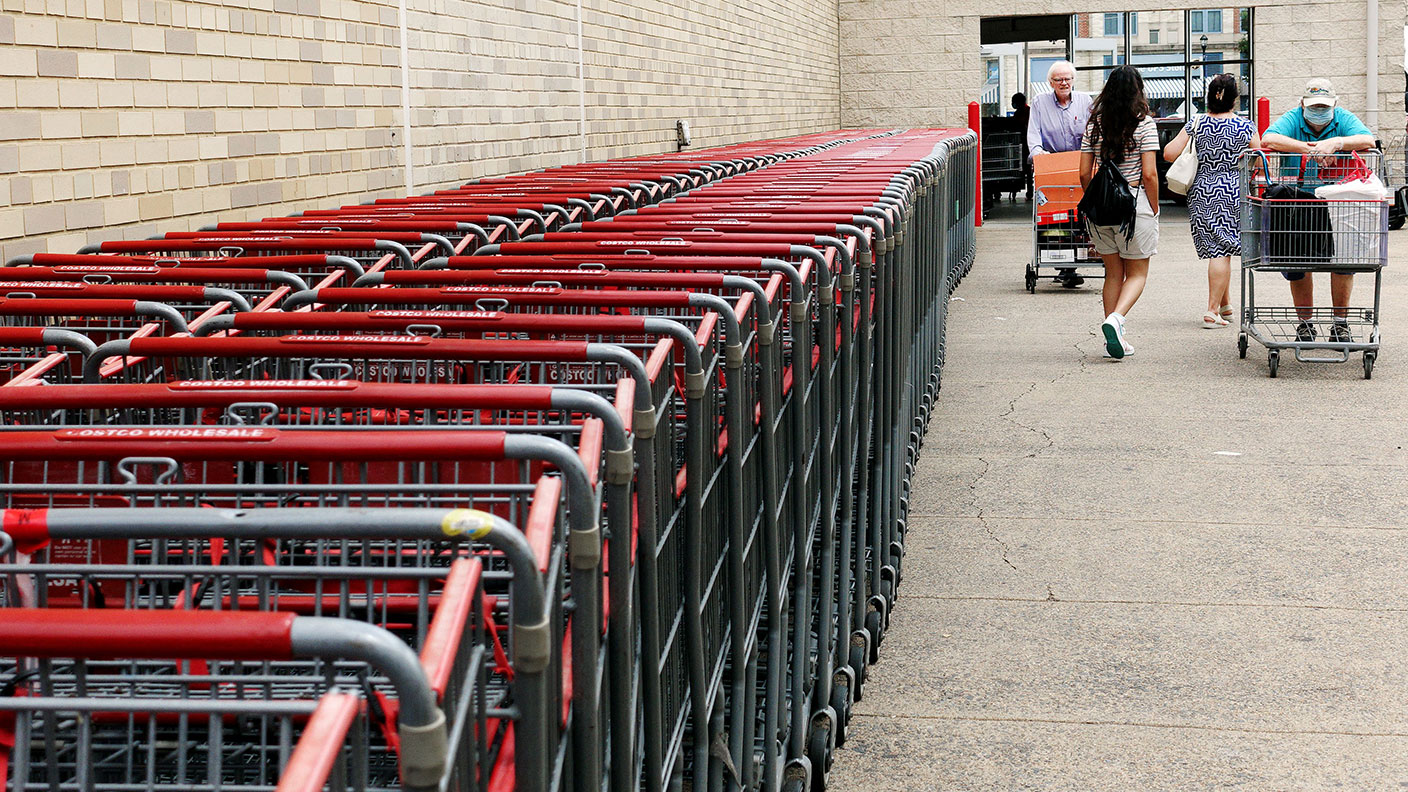 Is the US in recession and does it matter?
Is the US in recession and does it matter?Analysis There's a heated debate over whether the US is in recession or not. But why does it matter? John Stepek explains
-
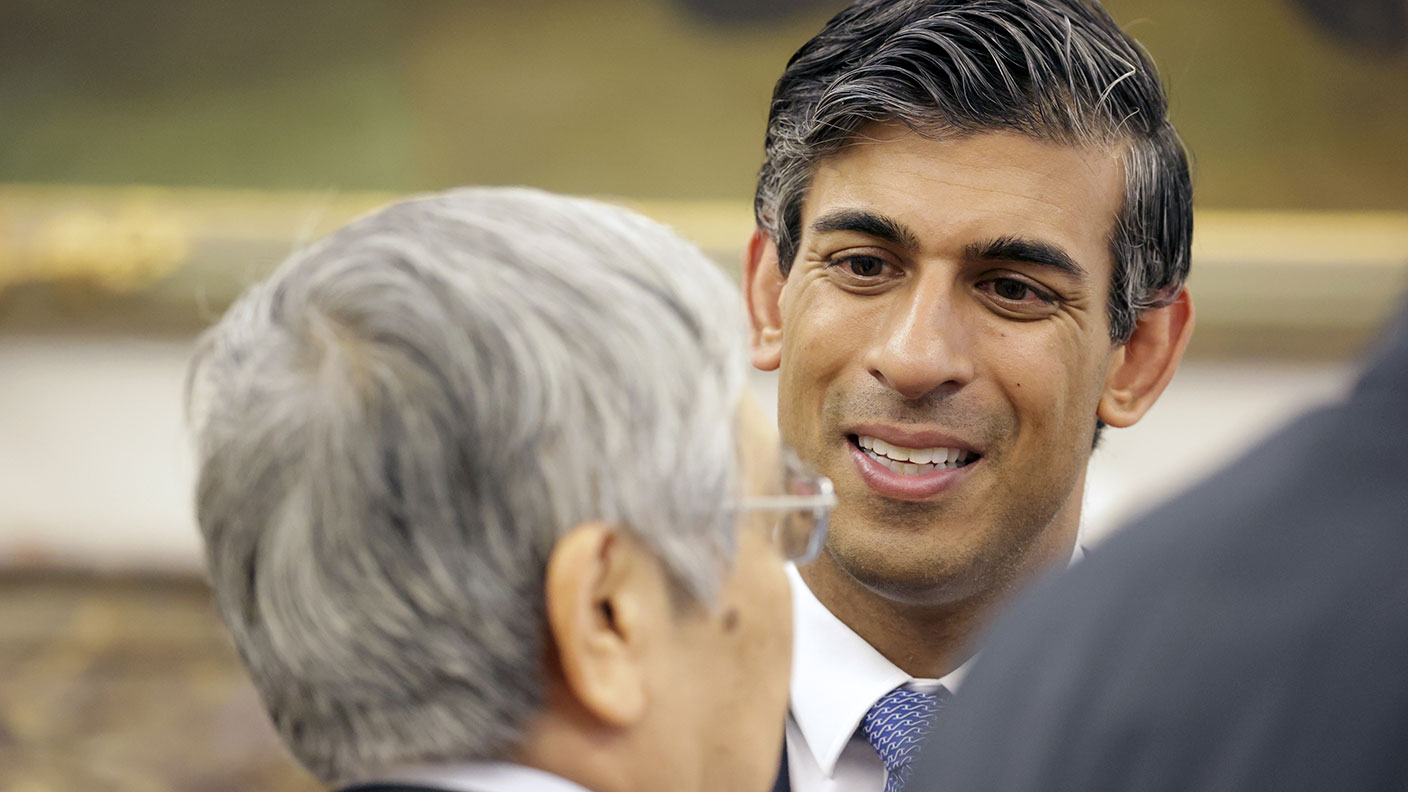 Has the chancellor done enough to save the UK from recession?
Has the chancellor done enough to save the UK from recession?Analysis UK Chancellor Rishi Sunak announced a new package last week to ease the cost of living crisis. John Stepek explains whether the risk of a UK recession still remains.
-
 Is the UK too open to overseas takeovers?
Is the UK too open to overseas takeovers?Analysis Data shows that the UK is more open to overseas takeovers than other major markets. John Stepek asks: should investors care?
-
 How to manage your money as inflation just keeps rising
How to manage your money as inflation just keeps risingAnalysis Uk inflation is at a 30-year high – and it won't be falling any time soon. So what can you do? John Stepek explains how to manage your money to combat rising prices.
-
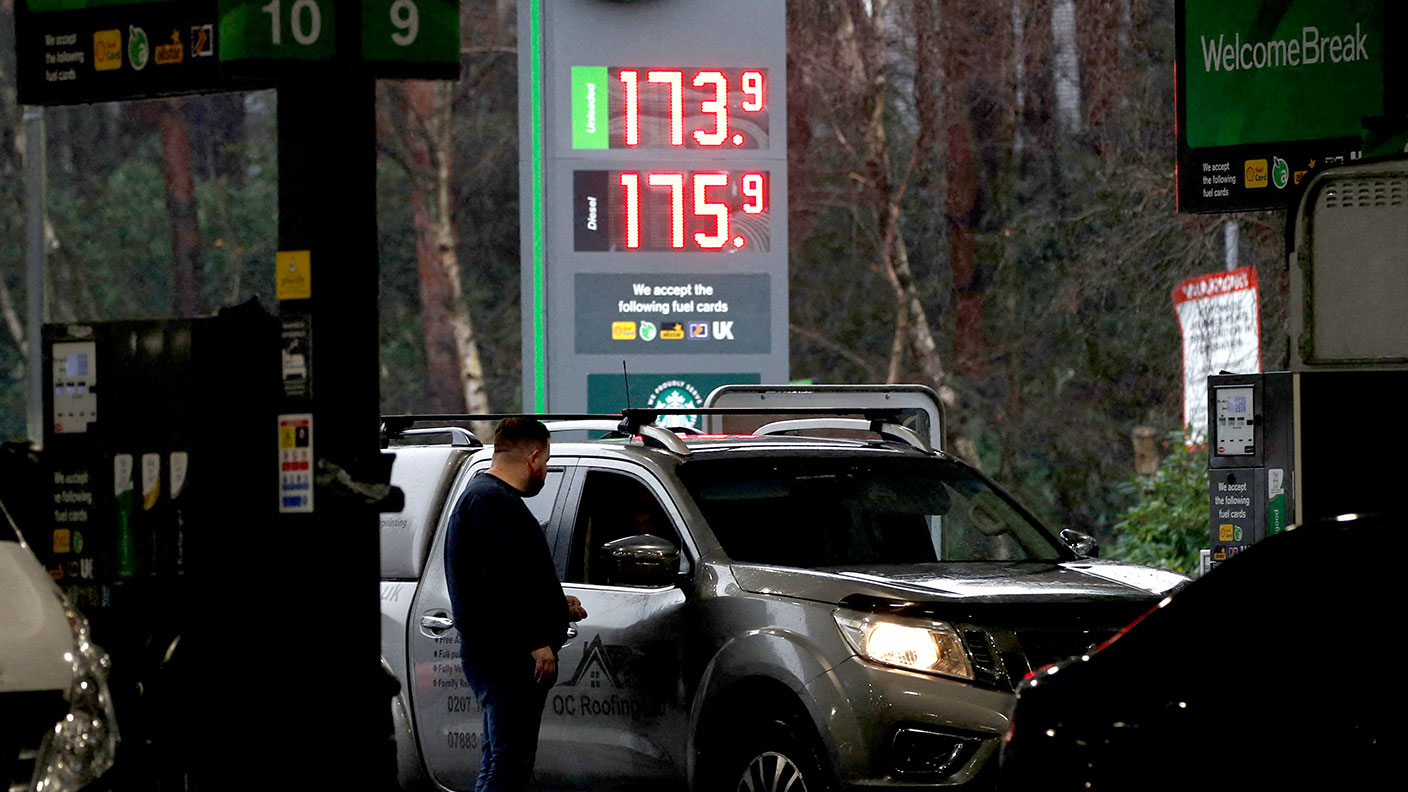 Inflation is going to stay even higher for even longer
Inflation is going to stay even higher for even longerAnalysis Commodity prices – everything from energy to food – are going through the roof. And that’s not likely to end any time soon, says John Stepek. Here's what that means for how you invest.
-
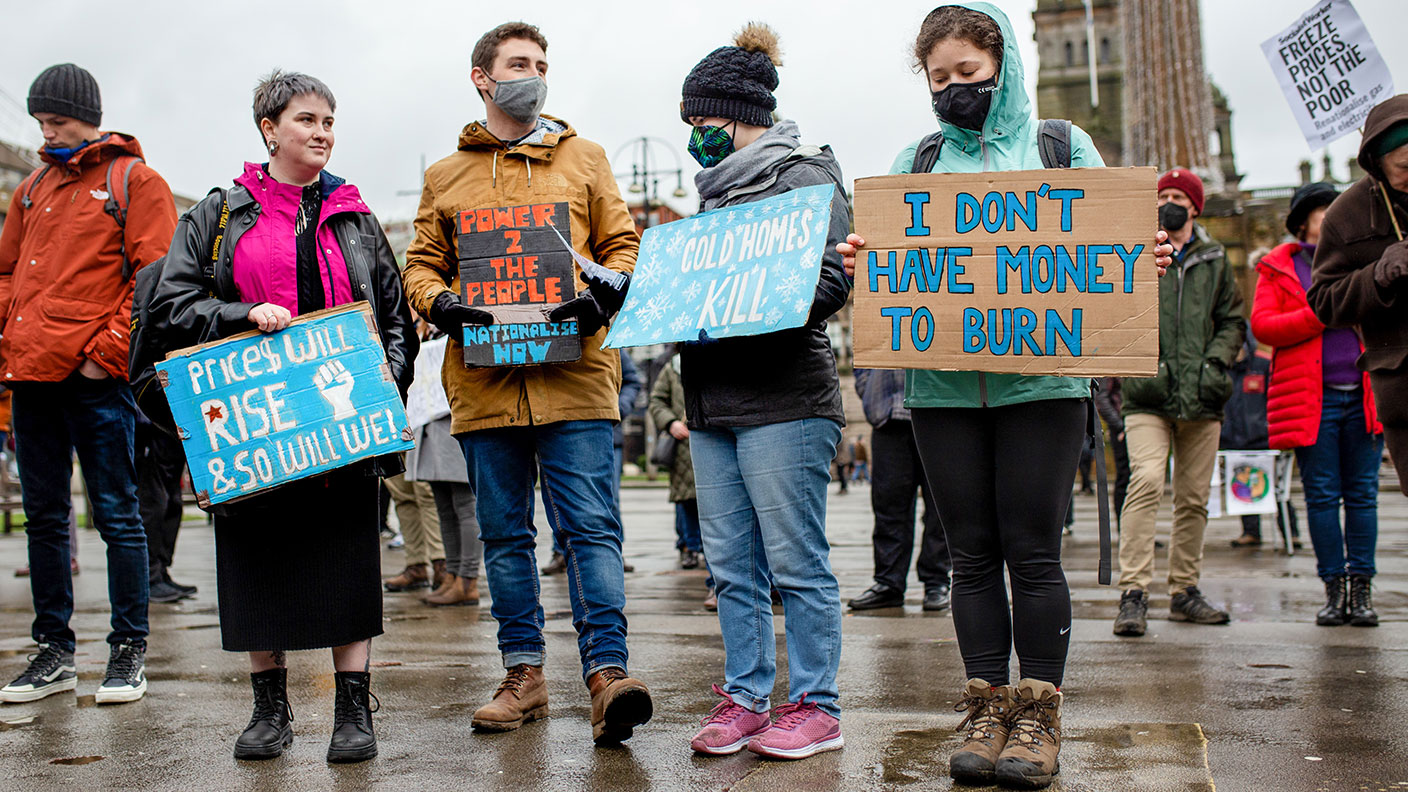 Inflation is incredibly inconvenient, as we’re all about to learn
Inflation is incredibly inconvenient, as we’re all about to learnAnalysis Inflation doesn't just eat into your wealth, it eats into your time – and can be devastating for those on the lowest incomes. And it's not going away any time soon, says John Stepek. Here's how to invest.
-
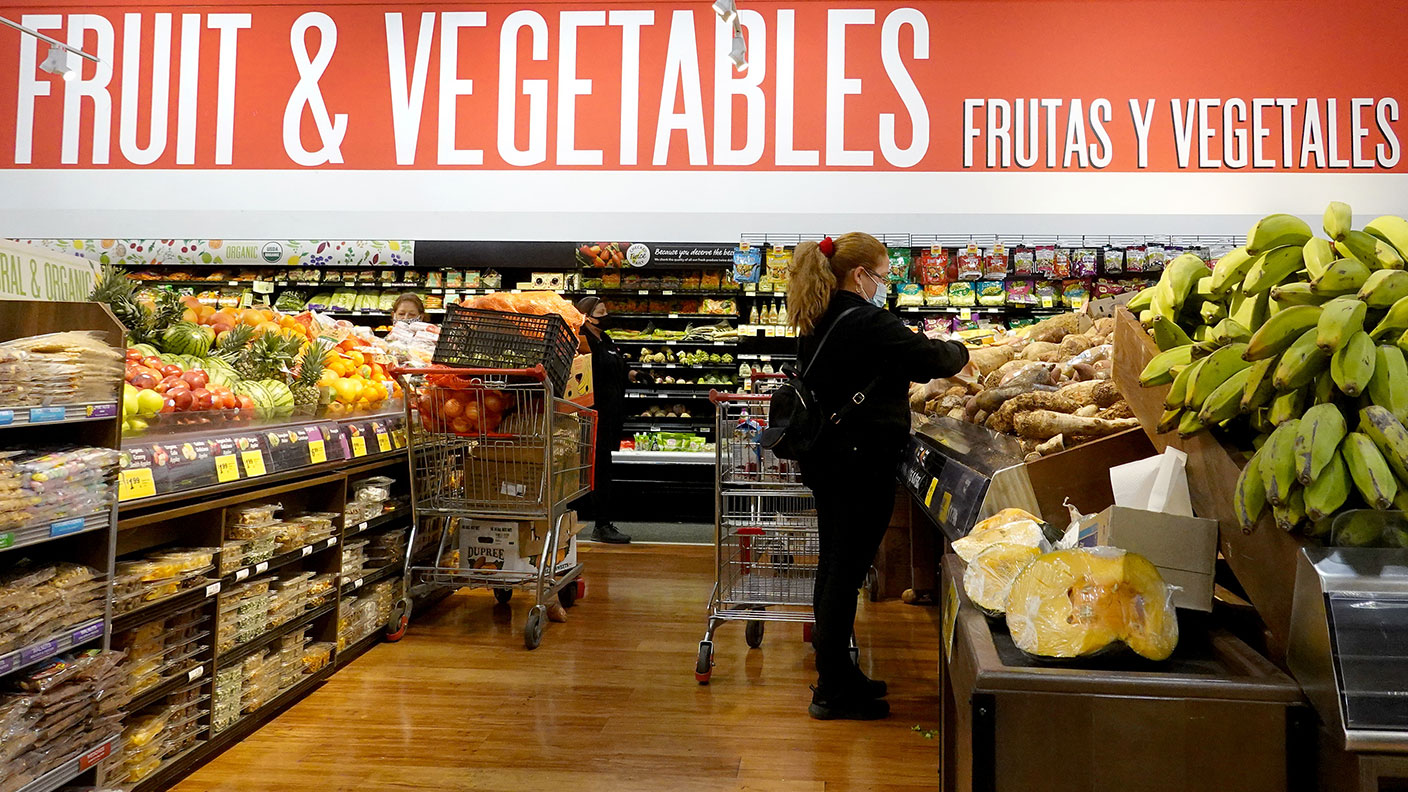 The cost of living crisis is global – US inflation just hit another 40-year high
The cost of living crisis is global – US inflation just hit another 40-year highAnalysis With US inflation running at 7.5%, it’s clear that the cost of living crisis is not confined to the UK. John Stepek looks at the likely reaction from governments and central banks, and what it means for you.
-
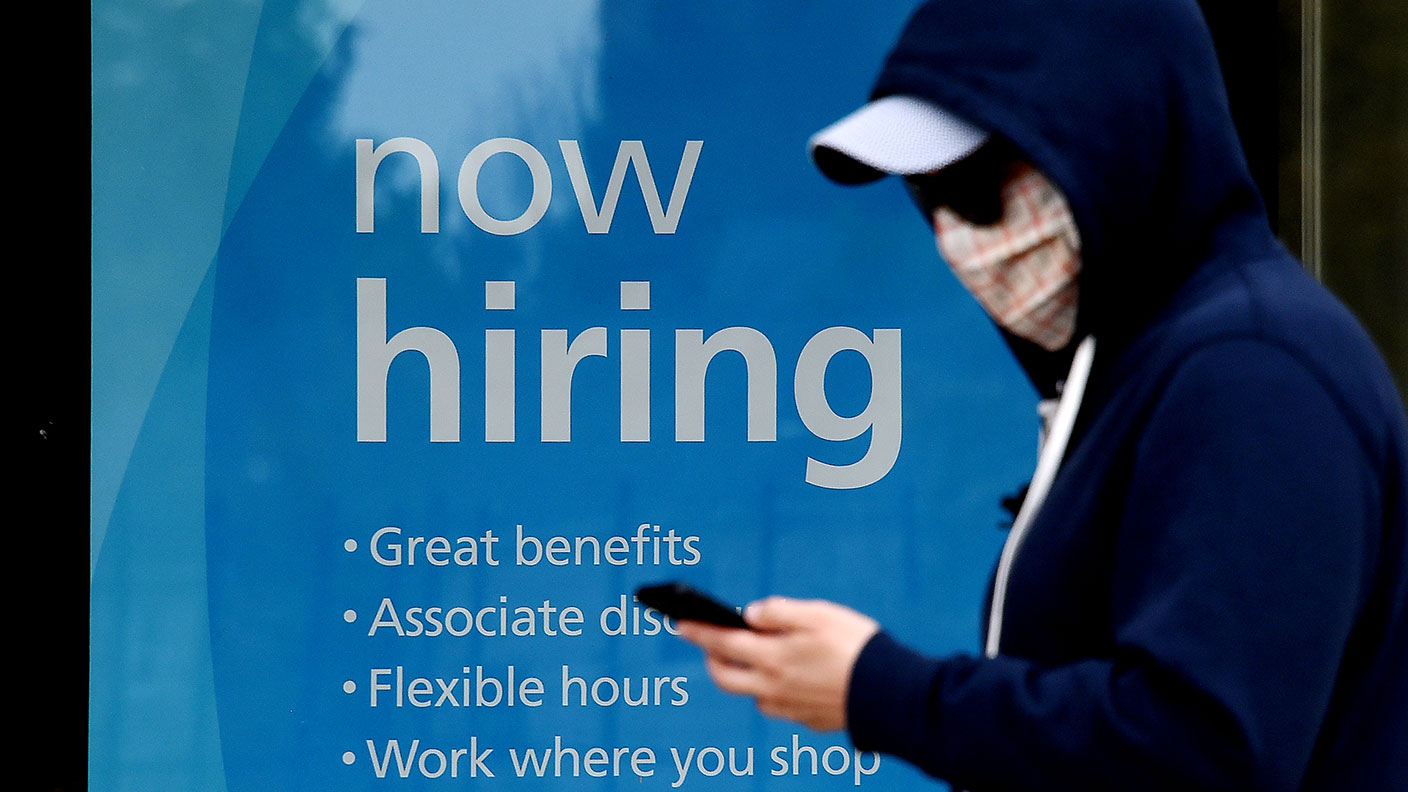 The strong US jobs report is good news for the economy, but not so much for markets
The strong US jobs report is good news for the economy, but not so much for marketsAnalysis January's US jobs report came in much stronger than anyone was expecting, with 467,000 new jobs added to the economy. But things might not be quite as rosy as they seem, says John Stepek. Here's why.